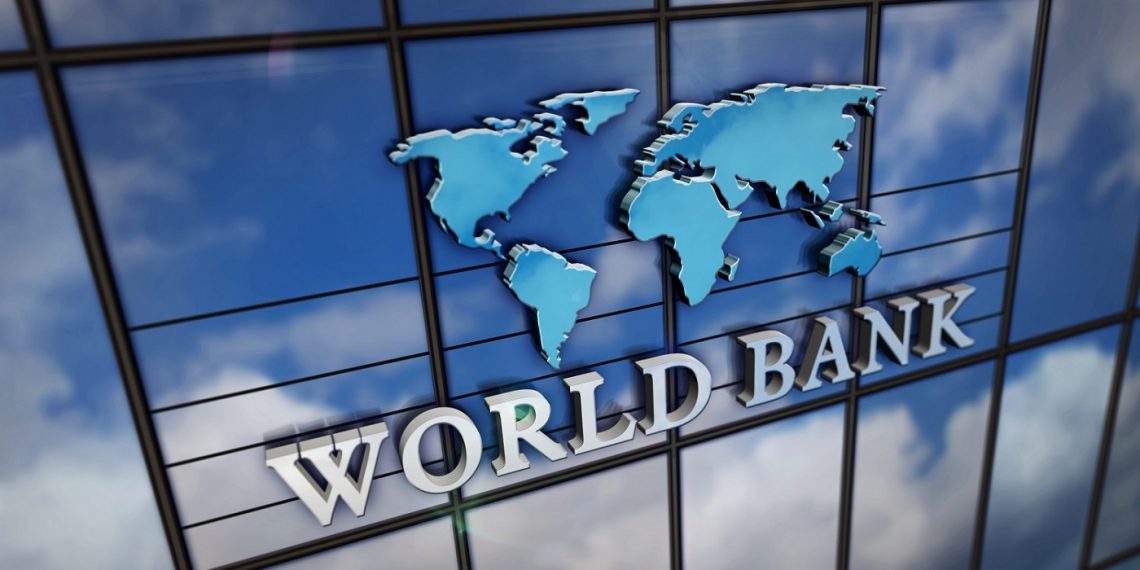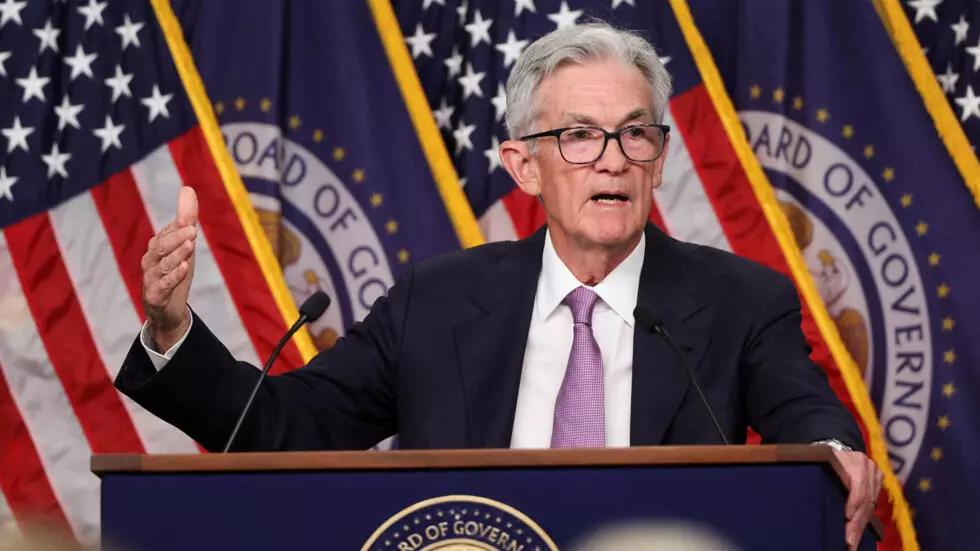2025-06-18
The global economy is facing an "unstable summer," the World Bank cautioned on June 10th, lowering its 2025 global growth projection by 0.4 percentage points to 2.3%. The institution cited escalating tariffs and heightened uncertainty as "significant headwinds" impacting nearly all economies.
Despite global fiscal constraints and persistent uncertainty, the World Bank noted surprising resilience in Sub-Saharan Africa. The region's growth is forecast to reach 3.5% in 2025, accelerating to 4.3% during 2026-2027. This upturn is driven by strengthening private consumption and investment, aided by cooling inflation – with the regional median inflation rate dropping to 4.5% in 2024 from 7.1% in 2023 – and stabilizing currencies.
In its semi-annual Global Economic Prospects report, the World Bank delivered significant downward revisions for the United States. It slashed the 2025 U.S. growth forecast by 0.9 percentage points to 1.4% compared to its January estimate, and trimmed the 2026 outlook by 0.4 points to 1.6%. The Bank attributed the downgrades to rising trade barriers, "record-high uncertainty," and increased financial market volatility – factors also exerting a drag on worldwide growth.

Pushing back against the cautious outlook, White House spokesperson Kush Desai pointed to robust indicators: "Business equipment investment surged nearly 25% in the first quarter of 2025, and real disposable personal income jumped 0.7% month-over-month in April." Desai added that a comprehensive budget package currently under Congressional consideration would provide tax relief and "further advance the U.S. economic recovery under President Trump's leadership."
Despite the White House's optimism, significant concerns persist. The Federal Reserve's June 4th Beige Book – its survey of regional economic conditions – reported "elevated uncertainty" surrounding the economy and policy, negatively impacting businesses and households. It specifically noted that tariff increases are driving up costs and consumer prices.

Echoing these worries, a June 7th Wall Street Journal report detailed how volatile trade policies are hampering U.S. business planning. Real estate brokerage Redfin reported a record surplus of sellers over buyers, with nearly 500,000 more homeowners looking to sell than buyers actively searching – the widest gap since the firm began tracking the data in 2013.
John Starr, owner of Ultra Source, a Kansas City, Missouri-based importer and manufacturer of meat processing equipment, exemplifies the corporate strain. Awaiting completion of a $20 million order from European suppliers, Starr faces a potential $2 million tariff bill due to policy uncertainty. "We're in a holding pattern until the rules become clear," Starr stated.
While the U.S. economy sidestepped multiple recession warnings in 2023 and 2024, the convergence of trade friction, market volatility, and policy unpredictability signals increasing fragility. As the World Bank's latest forecast underscores, an uneasy summer now confronts the global economy.
02-19
02-19
02-16
02-13
02-13
02-12
02-12
02-12
02-11
02-11